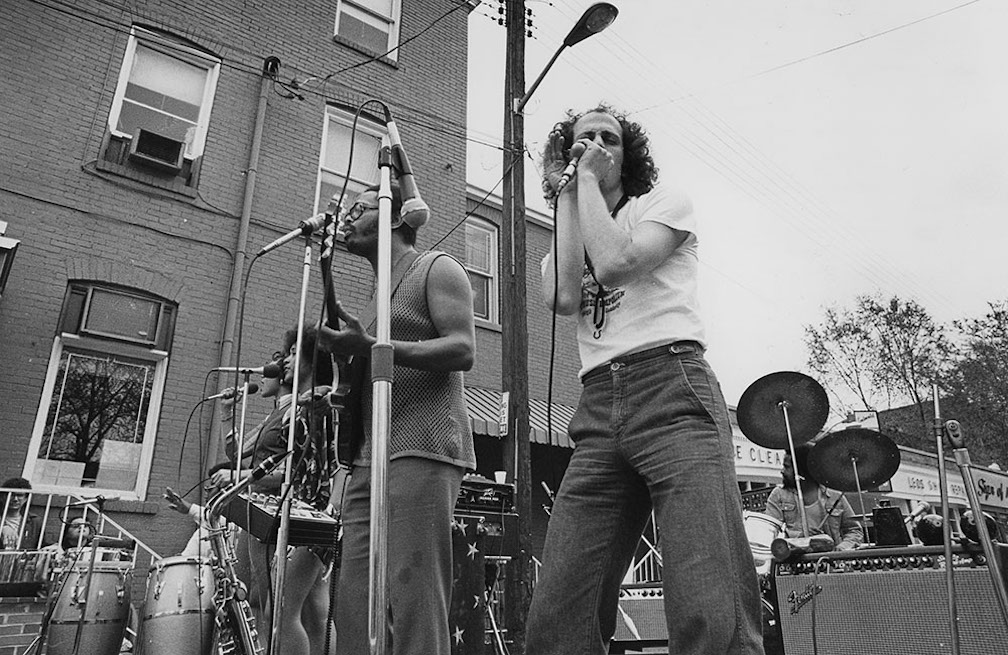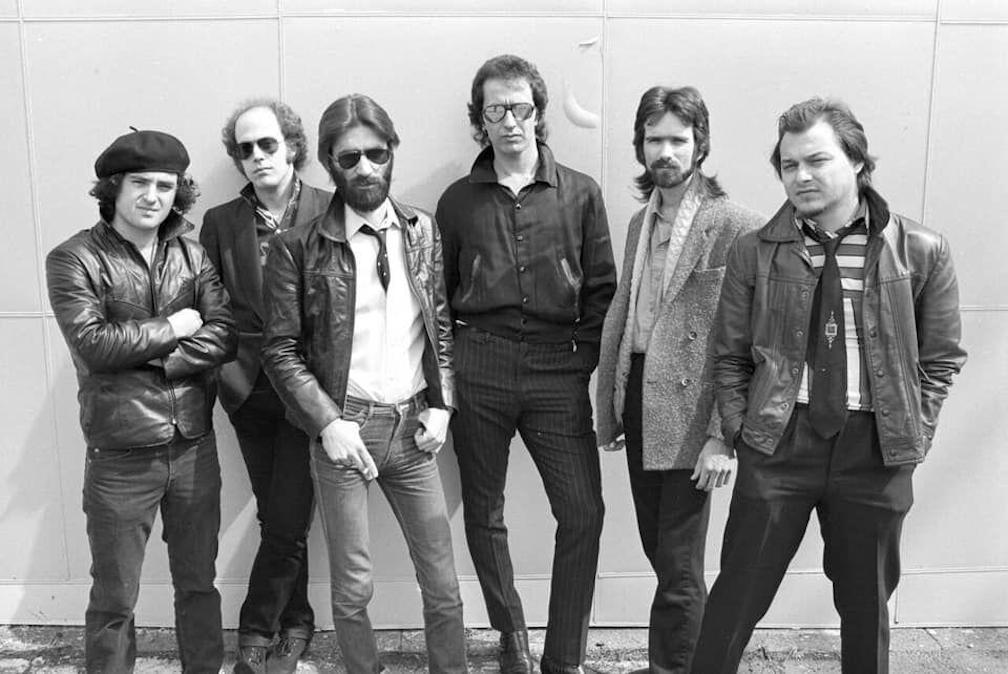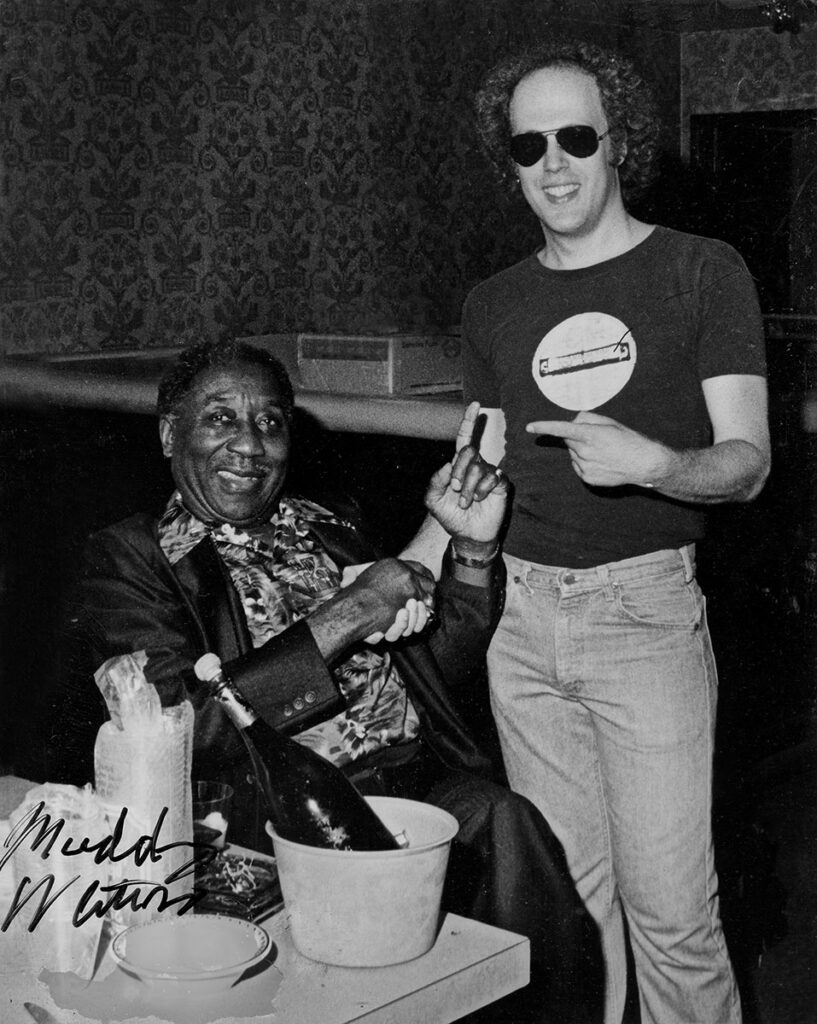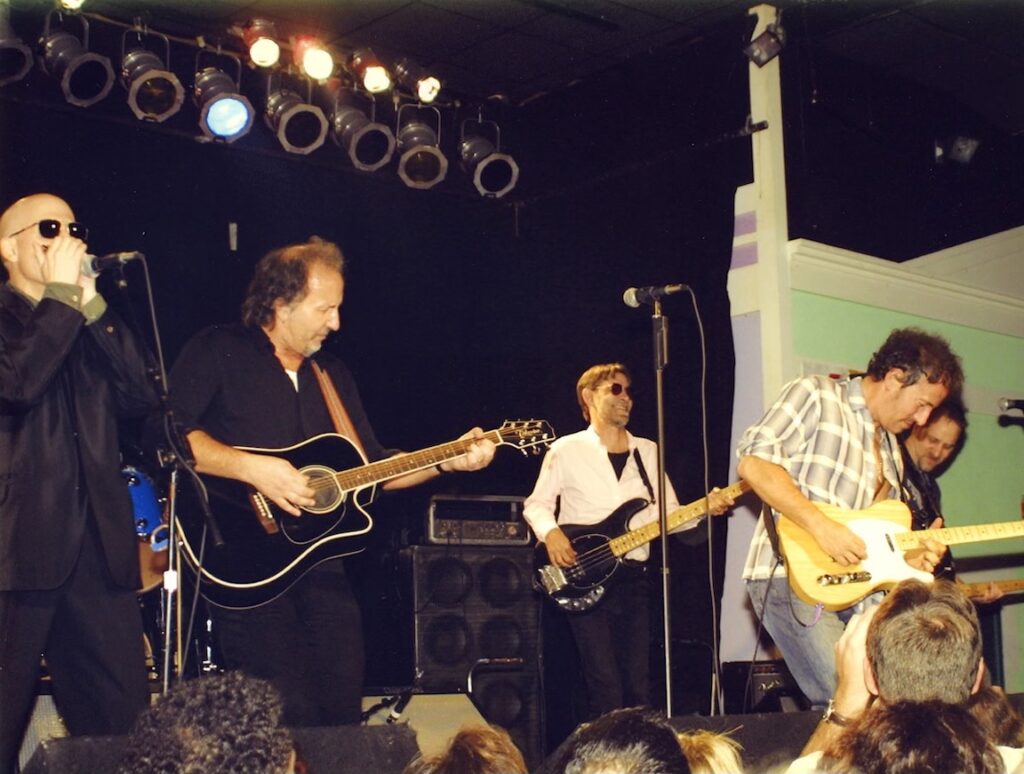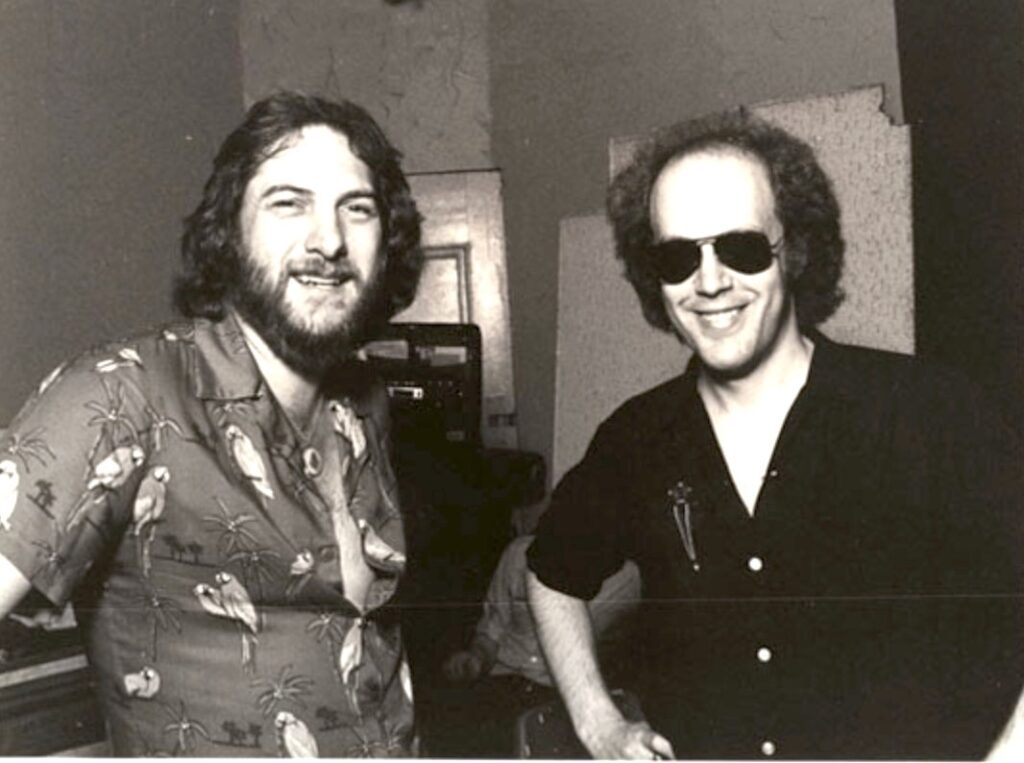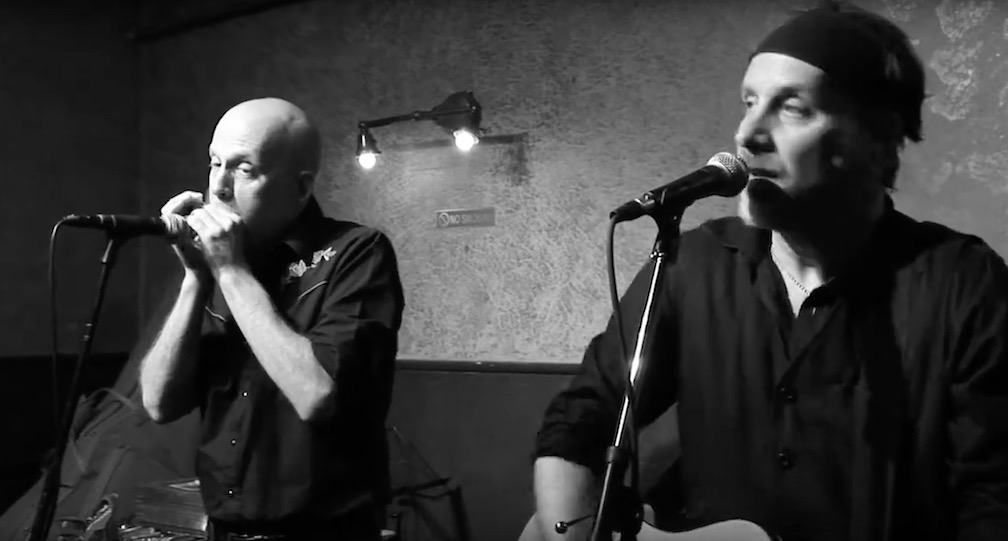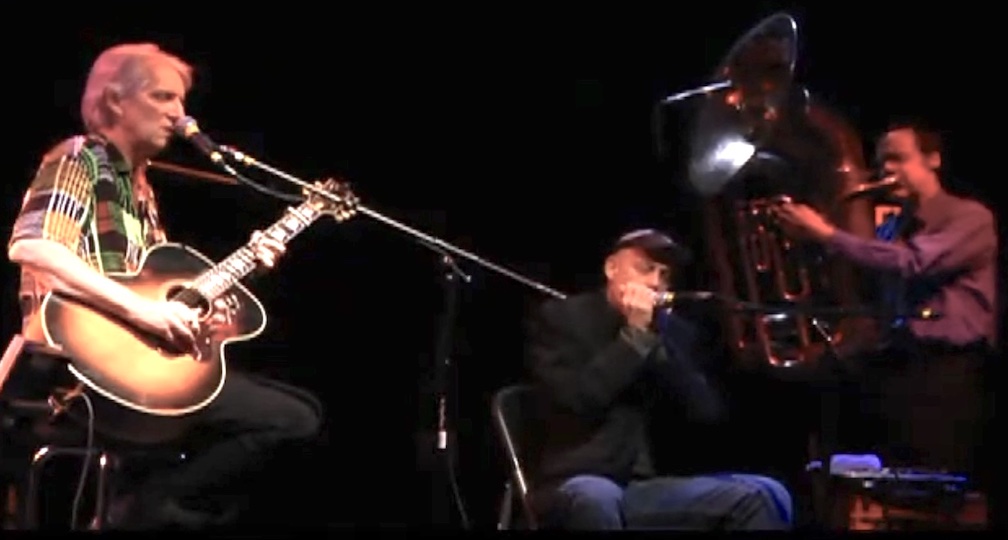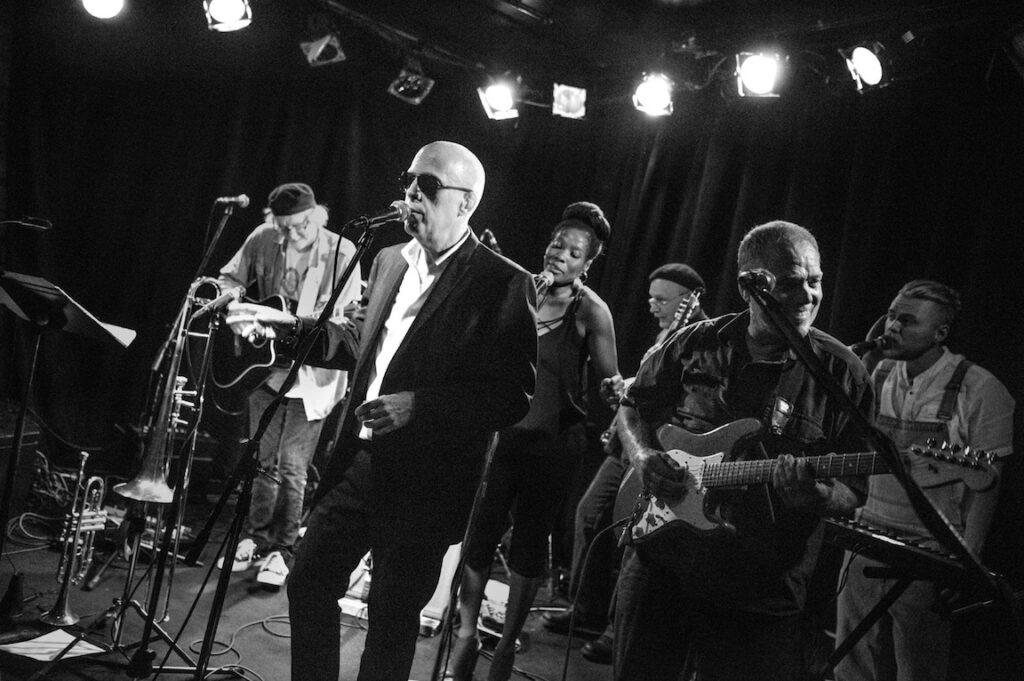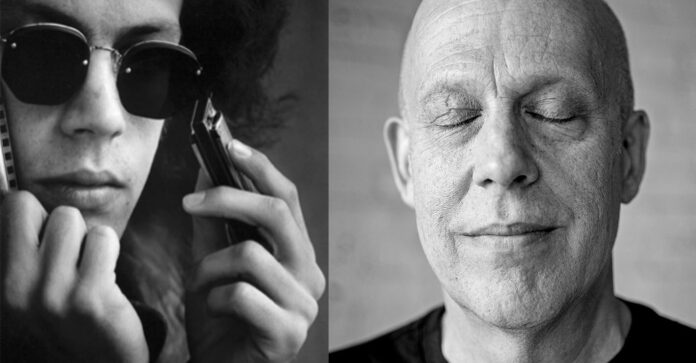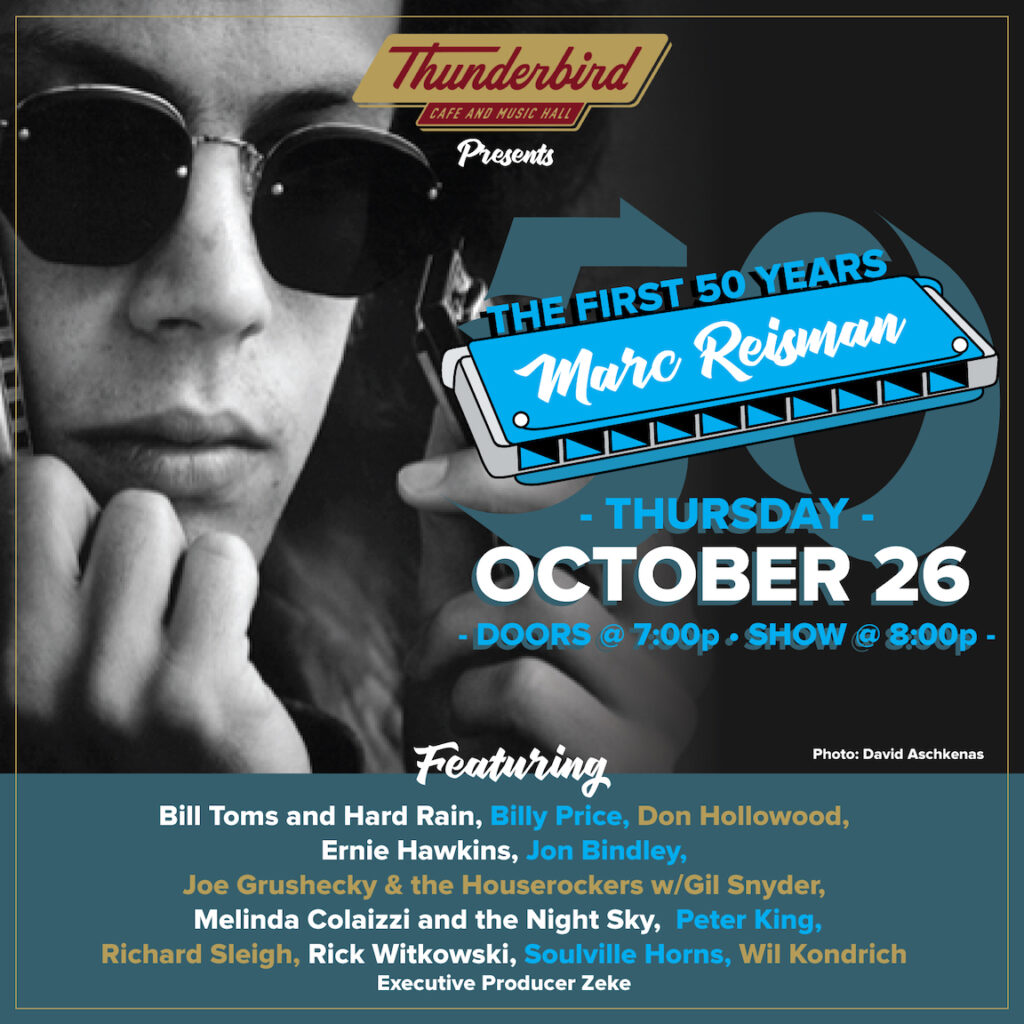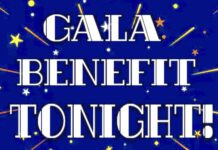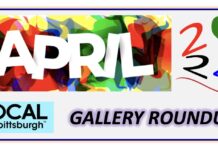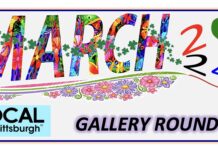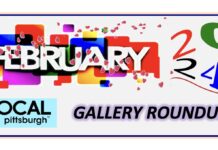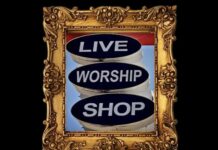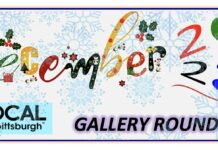CONDENSING FIVE DECADES of an international music career into one 3-hour stage show is a daunting challenge few performers would undertake.
Pittsburgh harmonica virtuoso Marc Reisman is giving it a shot.
Thursday, Oct. 26, at Thunderbird Café & Music Hall in Lawrenceville, he’ll headline “Marc Reisman: The First 50 Years”, an exuberant retrospective showcasing his broad array of musical compatriots and influences.
Reisman’s invited guests include a diverse galaxy of Pittsburgh talent — Billy Price, Joe Grushecky & The Houserockers with Gil Snyder, Bill Toms & Hard Rain with The Soulville Horns, Ernie Hawkins, Jon Bindley, Melinda Colaizzi & Night Sky, Peter King, Rick Witkowski, Don Hollowood, Wil Kondrich Trio and Paula Tuttle — ably coordinated by musical director Witkowski and concert impresario Zeke Caresani.
And, undoubtedly, Numerous Others who may materialize from the deep recesses of his eclectic musical past.
Reisman, 72, played clarinet and alto saxophone in high school and was present at the 1969 Woodstock Music Festival for the full immersion experience of Sixties Pop at its zenith.
Yet he never envisioned a professional path in music for himself until taking up the harmonica in his twenties. Mastering a handful of basic blues riffs set him on a lifelong musical exploration that progressed into rhythm and blues, rock ‘n’ roll, pop, new wave, reggae, country (and eventually opera and theatre), while sharing stages with Muddy Waters, Bruce Springsteen, Patti Smith, Meatloaf, J. Geils Band, The Clash, Ozzy Osbourne, Ian Hunter, The Outlaws, Southside Johnny & the Asbury Jukes and Los Madison, a rock band from Madrid, Spain.
After a half century, he’s more than earned a reviewer’s sobriquet as “one of the few essential harmonica players in Pittsburgh”.
Recently, he shared coffee and conversation with LOCALpittsburgh at Five Points Artisan Bakeshop in Point Breeze.
* * *
L.E. McCullough: Describe how the harmonica serendipitously entered your life.
Marc Reisman: Senior year of college, University of Pittsburgh, spring. It was probably, I’m going to say, two months before graduation. I was set to go to law school in Washington, DC. I’d been playing racquetball at Trees Hall and walked out onto the sidewalk, and these two little kids, eight or ten years old, came up and said — they literally said — “Mister, do you want to buy a harmonica?”
L.E. McCullough: The universe summoned these child messengers …
Marc Reisman: It’s funny, because I think I had the sound in my head. I was really into that John Mayall record The Turning Point with “Room to Move”. I had a couple of buddies, one played guitar, one played harp. I would sit there and listen to them and think, “Wow, this is great. I wish I could do this!”
L.E. McCullough: What kind of harmonica did you buy from the kids?
Marc Reisman: It was a chromatic harmonica. A Koch. And it was a 12-hole.
L.E. McCullough: That’s a tricky harmonica to start with. How did you go about learning?
Marc Reisman: I took it home, started fiddling with it and really couldn’t do anything. So I went to a record store that sold instruction books. I bought Tony “Little Sun” Glover’s Blues Harp. And you know how that starts out. It’s real simple, simple melodies. Pretty soon I’m in the back of the book, and I’m buying all the records he says you have to listen to. Then I bought a Blues Harp, it was probably about 2.50 or 3 bucks.
L.E. McCullough: What was the first blues tune you learned?
Marc Reisman: I heard Little Walter’s “Blue Midnight”. That was like a rocket ship. I mean, I was totally hooked. You can make a harmonica sound like that? Unbelievable. I just really became obsessed with it. I had a record player, so you play the same thing over and over and over with the same six notes trying to figure out what they were doing, because I had no one to give me advice. And finally, I realized I wasn’t going to law school that Fall.
L.E. McCullough: Did you have any formal harmonica lessons?
Marc Reisman: No, not until 25 years later at a workshop with Annie Raines.
L.E. McCullough: Who just performed here with Paul Rishell at City Winery as part of the Calliope House concert series?
Marc Reisman: Yes. And when I began playing a lot of duos, the model I listened to was Annie and Paul. Listening how Annie comps behind the guitar and behind Paul singing.
L.E. McCullough: So, you had come back from DC in late 1973?
Marc Reisman: I was back in Pittsburgh by December and hanging out a lot at the Fox Café in Shadyside, which had music seven nights a week. But when I had been in DC, the first band I ever saw with a harp player was Mark Wenner and the Nighthawks. I saw Little Bobby Radcliff, who — if you closed your eyes — it was like Magic Sam. Unbelievable. Also Pierre Beauregard and Powerhouse.
This is where I got turned on to thinking about harmonica like a horn. Beauregard had this biggest, fattest tone. He had a Fender Super amp and was using some kind of pedal that overdrived and gave a big, brassy sound. It was basically a swing band. He and the sax player would do parts. They’d play “Stompin’ at the Savoy”, and he would do the trumpet solo.
L.E. McCullough: Your life was subtly but radically changing with every tune you learned.
Marc Reisman: It was an exciting time when you’re discovering all this music you didn’t even know was there a month before.
L.E. McCullough: What was the first time you played blues harmonica before a live audience?
Marc Reisman: Back in Pittsburgh I started driving a cab. And the rest of the day I’m listening to records trying to learn how to play. In December, 1973, the Rhythm Kings were playing at the Fox with Billy Price. I was down there a lot at night, and my sister was dating the drummer. One night the band was on break, and she came up to me and said, “Do you want to sit in with Billy?” Billy would always have people sit in. And I said, “Yeah, but I’m too scared to ask.”
She took my hand and literally walked me up to Billy and said, “Hey, Billy, can my brother sit in with you on harmonica?”, and Billy’s like, “Sure, what do you want to do?”
I said, “I don’t know.” So he said, “How about ‘Cruisin’ for a Love’ by J. Geils?”
L.E. McCullough: You went for it!
Marc Reisman: I got up there. I’m sure I played horrendously. But you know, it’s just such a charge when you get on stage and it’s, “I want to do this!” I get goose bumps thinking about it, it was such … that first moment when you’re on stage and, wow, this is great!
L.E. McCullough: What was your first pro band?
Marc Reisman: Early on, I was playing in rhythm and blues bands, playing the R&B hits of the day. They welcomed me as a harmonica player and 50% of the time I was playing alto sax since I couldn’t play harp on every tune. The Family of Eve was the first. And a band called Power Unlimited. My thing in these bands was playing some War tunes. My big moment was “Gypsy Man”.
Then I got invited to play with Brick Alley, which was what Iron City Houserockers were called at the time. They came to see me and asked me to join the band. The model for that was Magic Dick of the J. Geils Band. That was rock’n’roll style, and that’s what I was playing for years. The cool thing about that was the Houserockers’ original songs. I mean, some covers but still mostly originals and so there’s no road map. You know what I’m saying? I love playing original songs because you play the song, you don’t play a genre.
L.E. McCullough: Have you branched out to other musics besides blues and R&B?
Marc Reisman: Although I immersed myself in Chicago blues learning how to play, I’ve stayed open to different genres of music. Listening to different types of players and other instruments besides harmonica, especially trumpet and saxophone. I love playing lines with a horn section. And it doesn’t hurt to learn another instrument. Early on, when it was tough finding a gig playing only harmonica, I had alto saxophone.
Along the way, I was listening to a lot of other stuff. I was listening to jazz, I was listening to horn players, I was listening to Louis Jordan and swing music. Mickey Raphael in Willie Nelson’s band, fantastic player. I was listening to African music. My wife had spent time there, so she was a bit of a guide for that.
L.E. McCullough: What about super-contemporary pop music?
Marc Reisman: I’ll listen to anything now. I might be reading the newspaper or hear something on the radio, and I’ll think, “Ohh I gotta listen to that!” I didn’t go to the concert when Taylor Swift was here, but Scott Mervis of the Pittsburgh Post-Gazette did a review and laid it out song by song. So I sat here on a Sunday, and I listened to her music. I’ll just listen to anything that sounds good.
L.E. McCullough: Have you developed a particular approach to original material?
Marc Reisman: I like to think of playing an original song as living inside the song … shaping my playing according to the mood and message of the song and how the singer is delivering it. If I’m not lifting a song higher with my playing, I’m not doing my job.
L.E. McCullough: Is there a peak, unforgettable, utterly magical musical moment that comes to mind from the last five decades?
Marc Reisman: Well, I hope it’s coming on October 26. Number one, that hopefully will be.
L.E. McCullough: Can happen when you least expect it.
Marc Reisman: It can. We had a rehearsal last night with Peter King and the cellist Paula Tuttle. I love the sound of a cello, and we’re rehearsing this song, and it was so joyful. It was beautiful. No amplifiers or anything like that. I was so happy when I got home from that rehearsal last night.
One peak moment was the first time I played with Springsteen, which was when I was doing a duo gig with Joe Grushecky. We’re playing this little bar in Red Bank, New Jersey, and he had said Bruce might stop in tonight. Sure enough, Springsteen pulls up on his motorcycle, and he got up and played some songs — just guitar, but you know it’s not the guitar. It’s when he starts singing that you’re like, oh wow.
A second was opening up for Muddy Waters at Mancini’s. I was playing with Don Hollowood in a band called Prowler. Opening up for Muddy Waters, holy cow! That was amazing.
Number three? For a while I was managing a local rock-reggae band The Core. I would play horn on a couple of tunes with them. We opened up for The Clash at CMU gym. Which was wild.
L.E. McCullough: Instrument-wise, you’ve come a long way from that Koch 12-hole. What harmonicas do you use now?
Marc Reisman: Richard Sleigh of Hot Rod Harmonicas in State College builds my harmonicas. They are basically rebuilt Hohner Marine Bands. He replaces the comb. It’s a composite comb. Every sharp edge gets filed down. He files the reed slots to the point of getting rid of any burrs in there and widening them a little bit … retuning and working with the reeds, actually reshaping the cover plates a bit so they’re a little more open in the back. Those are the main things. If you’re a player, it’s like playing a different instrument.
L.E. McCullough: Any pearls of wisdom you’ve gleaned from your first 50 years in the music business?
Marc Reisman: Never leave home without a harmonica. Seriously, say “Yes!” to musical opportunities and let them lead you where they will. Aside from taking a break from performing during my first year of law school, I’ve basically never said no, beginning with the two little kids on the street who offered to sell me a harmonica.
That impulse has led me to play and record with many musicians and songwriters both in Pittsburgh and throughout the U.S. and in Canada and Western Europe, a performance with the Pittsburgh Opera Orchestra and a gig as a deejay on WYEP-FM for several years.
L.E. McCullough: You’ve performed and recorded with many legendary musicians, and you’ve been able to create your own music and get it out into the world. Is there a musical goal you’d still like to attain?
Marc Reisman: I’d like to play another half century. I just want to play till I can’t play. I want to get better. I know for myself I can always get better. In 2017 I recorded my first full-length album of original songs, Strong Way. Naturally, I’d like my album to be heard by millions of people, but that’s not really why I made it. I made it because I wanted to write songs and I wanted to get better.
Let’s face it, every time you go into the studio, you should emerge a better player, right? To accomplish that and to do the things like the people you started listening to, the music you loved. And now you’re doing it. That’s the way I try and think about it, because I still love to play.
___________________
* Thursday, Oct. 26, 2023, “Marc Reisman: The First 50 Years”. Thunderbird Café & Music Hall, 4053 Butler St. Pittsburgh. Doors 7 p.m., show 8 p.m. $25, online tickets here. (412) 682-0177.
